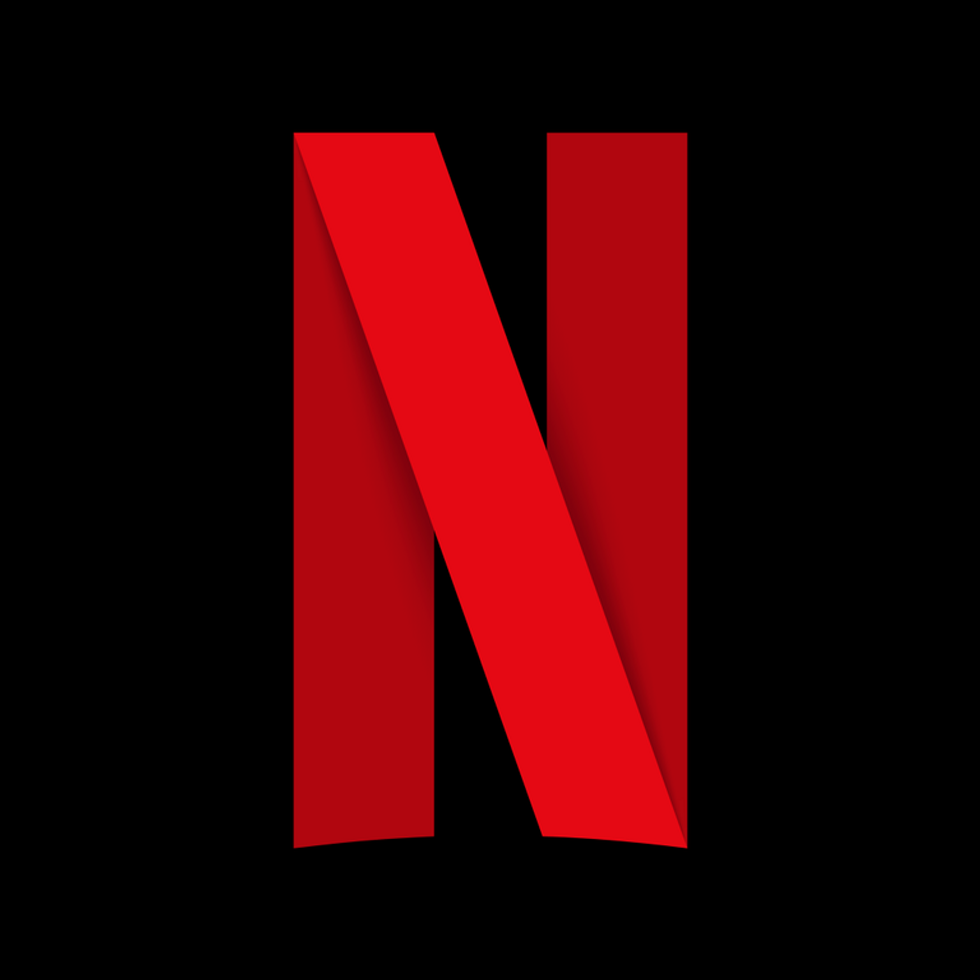Column: Your Company Has Three Brands, Not One
Spencer Rascoff serves as executive chairman of dot.LA. He is an entrepreneur and company leader who co-founded Zillow, Hotwire, dot.LA, Pacaso and Supernova, and who served as Zillow's CEO for a decade. During Spencer's time as CEO, Zillow won dozens of "best places to work" awards as it grew to over 4,500 employees, $3 billion in revenue, and $10 billion in market capitalization. Prior to Zillow, Spencer co-founded and was VP Corporate Development of Hotwire, which was sold to Expedia for $685 million in 2003. Through his startup studio and venture capital firm, 75 & Sunny, Spencer is an active angel investor in over 100 companies and is incubating several more.

Brands are valuable, regardless of company size. That is well understood.
What is less well understood, especially among startups, is that there are as many ways to think about your brand as there are recipients on the other end of that brand positioning. I want to propose an easy framework for startups and their marketers to consider when building and marketing brands: A company's brand has different meaning to its consumers, to its business partners, and to current and future employees.
First, there is a company's brand in the eyes of the consumer. Let's look at the example of Netflix. The streaming service wants its consumers to think of it as easy to use, full of great shows, and a reasonable value for the price.

Next, there is the company's brand in the eyes of its business partners. Netflix wants its business partners (e.g., the production companies that create TV shows and films for Netflix) to think of it as a great partner, a creative company, a distribution channel that will pay top dollar for your content and also will market it successfully to its subscribers so it will be enjoyed by many people.
Finally, Netflix wants its brand as an employer to represent that it's a great place to work, full of mission-oriented and hard-working people, which pays well and creates career development opportunities for its employees.
Of course, there is overlap between these three segments, and the brand positioning therefore can sometimes combine to create an overall brand perception. Still, it's important for marketers to think about each of these three expressions of your brand, and how the combination of them creates a mosaic that people use to form an impression of your company.
Large companies are able to have separate marketing functions for each of these audiences -- frequently at large companies there is a VP of Brand Marketing (focused on consumers), a VP of Trade Marketing (focused on businesses), and sometimes someone in HR or in recruiting who focuses on employer branding.
But startups don't have that luxury — the CMO (and frequently the CEO) have to manage all aspects of brand building to the various audiences.
Once you bifurcate (trifurcate?) your brand-building exercises into these three target markets, you can then create programs for each.
For example, a company that wants to make its employer brand be more focused on engineering and tech might create a new tech blog where their engineers can write long-form posts to highlight a company's tech cred. Similarly, that company might choose to webcast its hack-week demo days, or post on its social media platforms more information about what it's like to be an engineer at the company.
A company that wants to make its brand appear more friendly to its business partners might create white papers highlighting case studies of collaboration with its long-time clients.
The more that marketers realize they are crafting their brand in different ways for different audiences, the more bespoke their tactics can be to address each audience individually.
Spencer Rascoff is an entrepreneur and company leader who co-founded Zillow, Hotwire and dot.LA, and served as Zillow's CEO for a decade.
Spencer Rascoff serves as executive chairman of dot.LA. He is an entrepreneur and company leader who co-founded Zillow, Hotwire, dot.LA, Pacaso and Supernova, and who served as Zillow's CEO for a decade. During Spencer's time as CEO, Zillow won dozens of "best places to work" awards as it grew to over 4,500 employees, $3 billion in revenue, and $10 billion in market capitalization. Prior to Zillow, Spencer co-founded and was VP Corporate Development of Hotwire, which was sold to Expedia for $685 million in 2003. Through his startup studio and venture capital firm, 75 & Sunny, Spencer is an active angel investor in over 100 companies and is incubating several more.




 Image Source: Skyryse
Image Source: Skyryse
 Image Source: Northwood Space
Image Source: Northwood Space